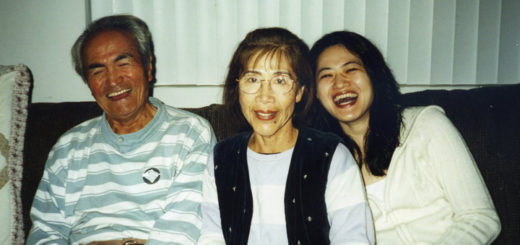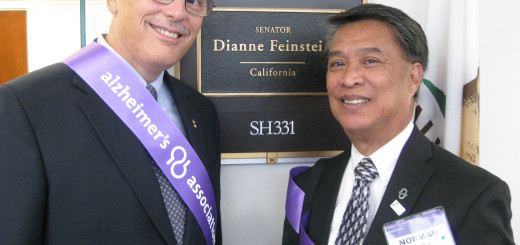Alzheimer’s Basics: Diagnosing Alzheimer’s disease
There is no single test that proves a person has Alzheimer’s. A diagnosis is made through a complete assessment that considers all possible causes.
Medical history
A health care provider will review the patient’s medical history, including any current and past illnesses and medications. This will also entail a review of key medical conditions affecting other family members, including whether they may have had Alzheimer’s disease or related dementias.
Physical exam and diagnostic tests
A medical workup includes a review of diet, nutrition and use of alcohol; measurement of blood pressure, temperature and pulse; listening to the heart and lungs; collecting blood and urine for laboratory testing and other procedures to assess overall health.
Neurological exam
A neurological exam tests for problems that may signal brain disorders other than Alzheimer’s. This may include a test of reflexes, coordination, muscle tone and strength, eye movement, speech and sensation.
Mental status tests
Mental status testing evaluates memory, ability to solve simple problems and other thinking skills. The mini-mental state exam (MMSE) are two commonly used tests. During the MMSE, a health professional asks a patient a series of questions designed to test a range of everyday mental skills. During the mini-cog, a person is asked to complete two tasks: 1.) remember and a few minutes later repeat the names of three common objects and 2.) Draw a face of a clock showing all 12 numbers in the right places and a time specified by the examiner. The results of this brief test can help a physician determine if further evaluation is needed.
Mood assessment
Mood assessment is an evaluation of a person’s sense of well-being to detect depression or other mood disorders that can cause memory problems, loss of interest in life and other symptoms that can overlap with dementia.
Brain imaging
A standard medical workup for Alzheimer’s disease often includes structural imaging with MRI or CT; these tests are primarily used to rule out other conditions that may cause symptoms similar to Alzheimer’s but require different treatment.
Read more about Alzheimer’s disease diagnosis at alz.org/alzheimers_disease_diagnosis.asp


















I had a question that I was hoping to get your feedback on. Now, I recently read another post explaining some warning signs related to Alzheimer’s disease and I had an issue with some of their information. This post listed that patients may begin to change aspects of recalled memories. In my experience, these older memories remain intact during the earlier stages (first few years) of this disease’s progression and it would be recently learned information or experiences that they would have problems with. Do I have this mistaken?